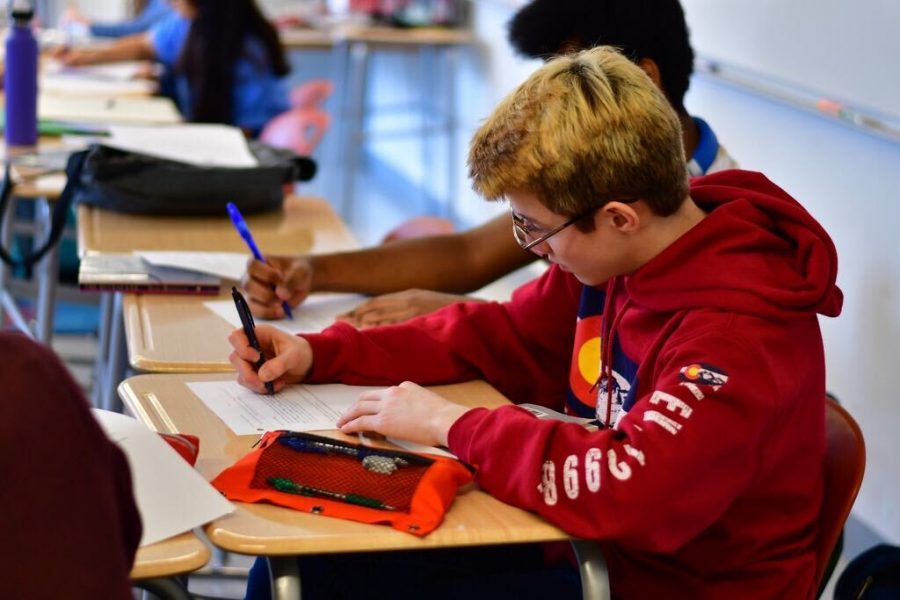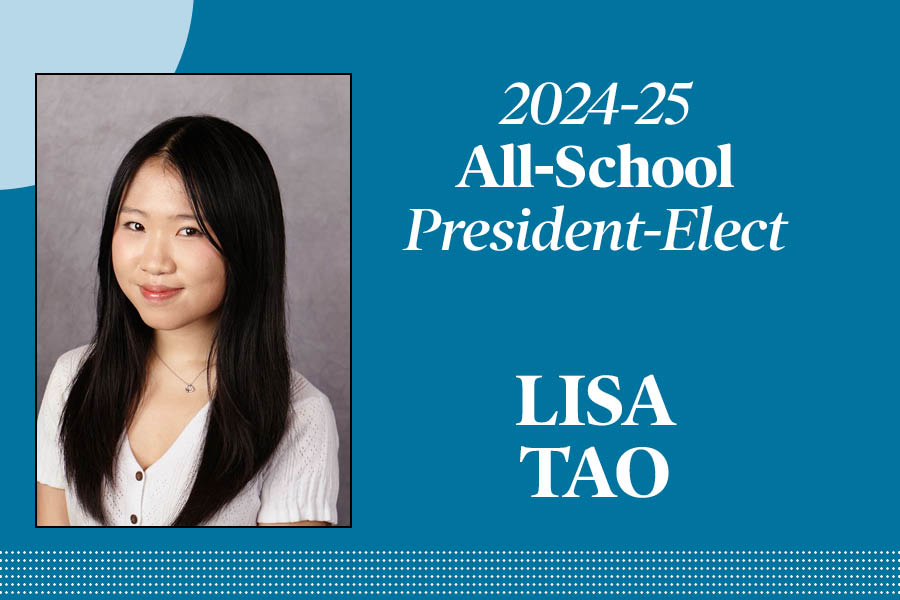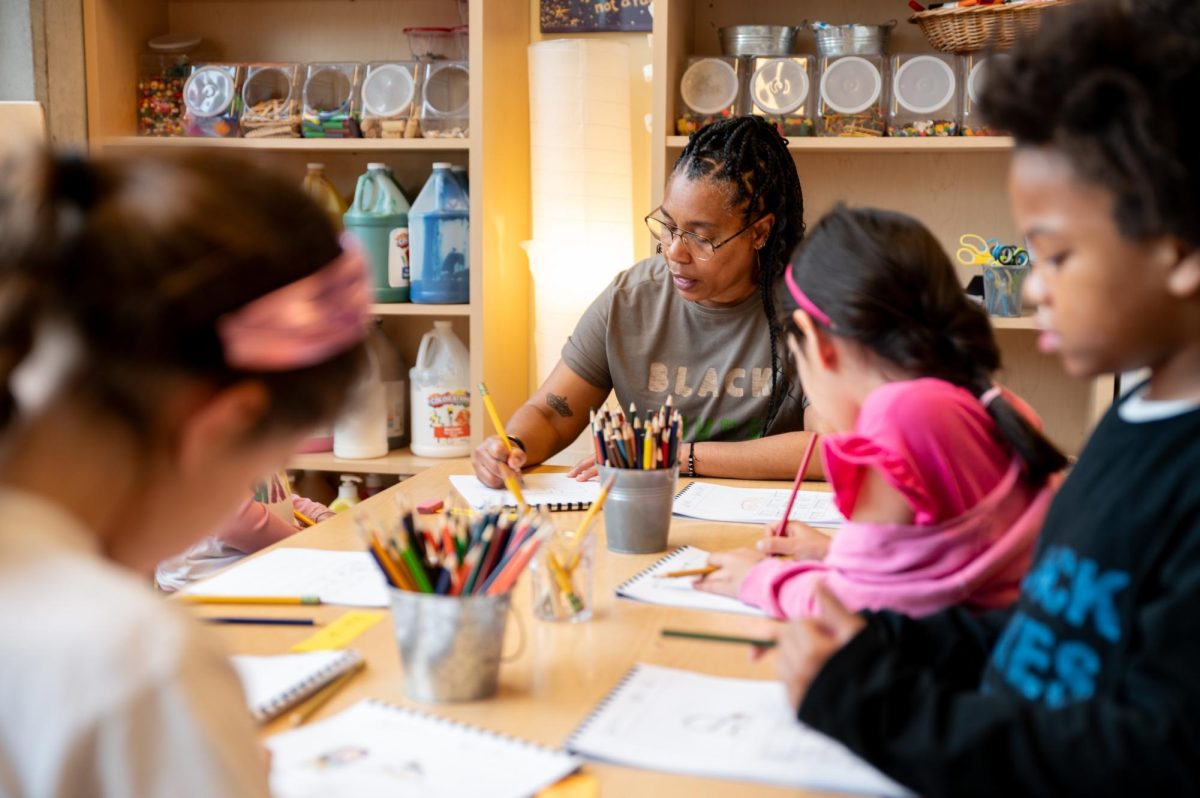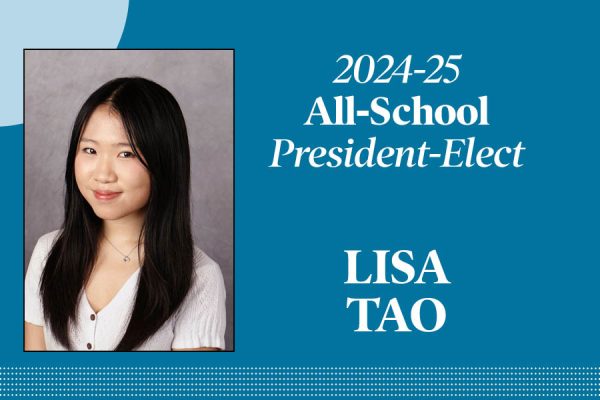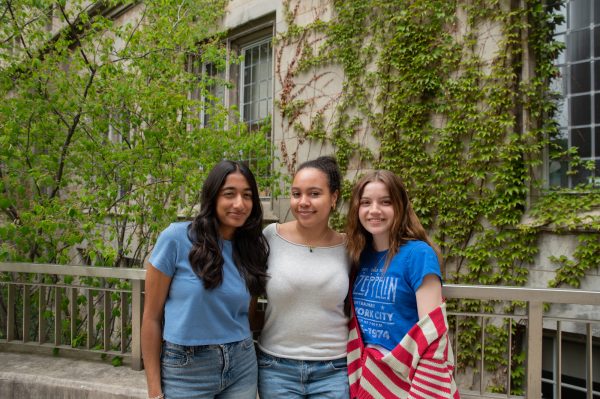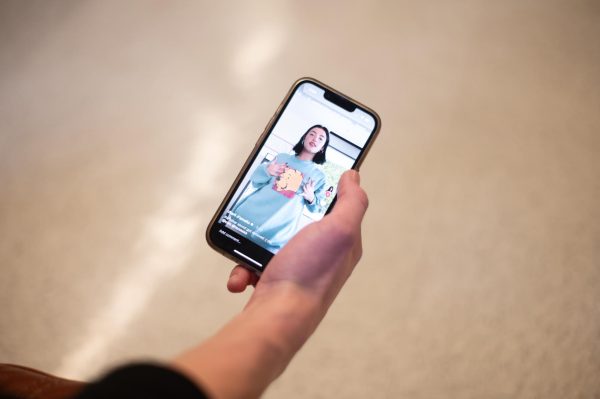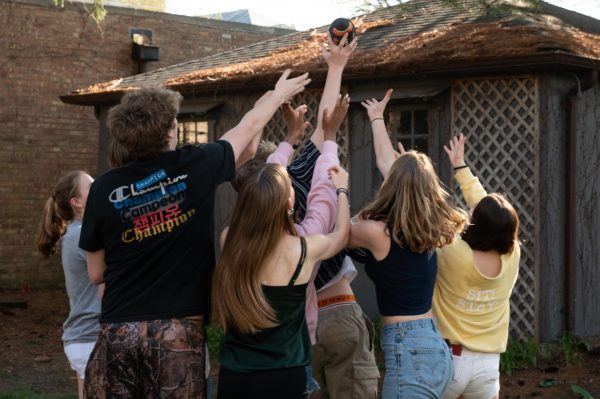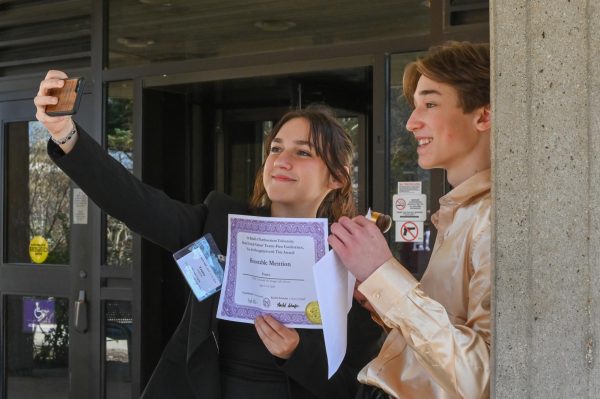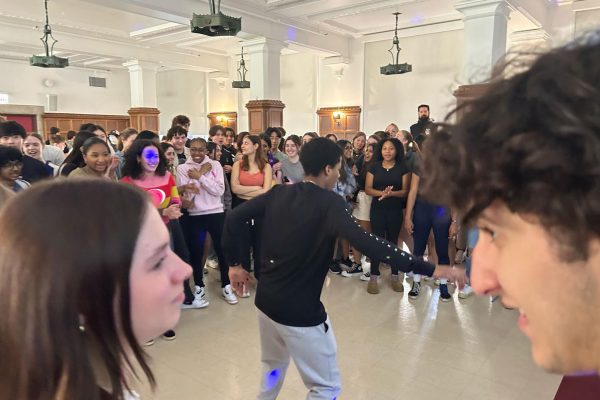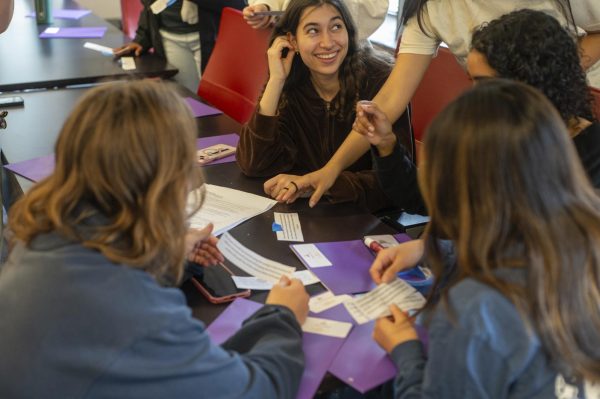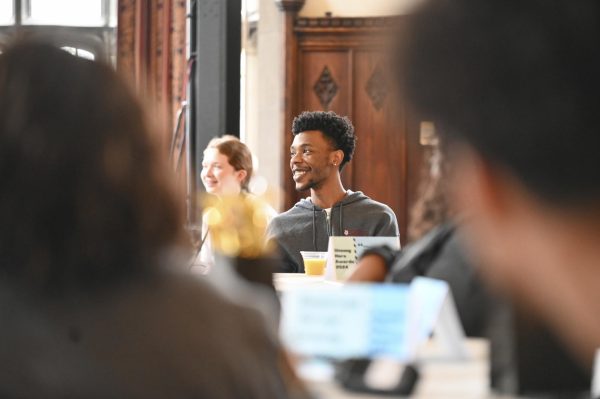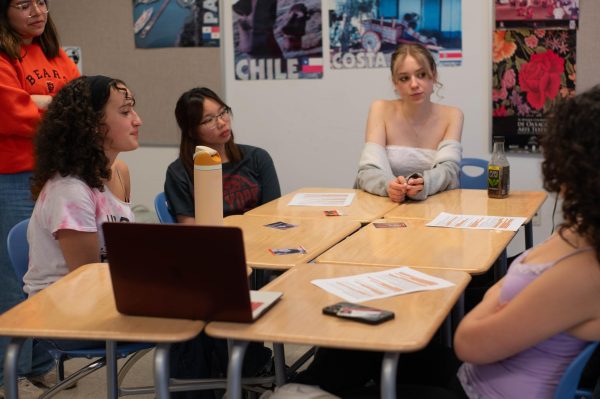Teachers adjust assignments to minimize academic dishonesty
May 6, 2020
In a classroom environment, teachers can easily monitor as their students write every essay and take every test, because their students are sitting right in from them.
During remote learning, major assessments that would normally have the watchful eye of a teacher now do not, leaving it up to students to uphold the academic honor code or teachers to adjust their assignments. U-High teachers are adjusting assignments so students don’t have the opportunity to be academically dishonest in the first place.
For history teacher Susan Shapiro, the best way to limit opportunities for academic dishonesty was to eliminate quizzes and add smaller writing assignments in their place.
“Usually, when I suspect my classes haven’t done the reading, I give them a quiz,” Mrs. Shapiro said, “but now, I assign a short assignment due the next morning on Turnitin.”
According to Mrs. Shapiro, she never thought to use Turnitin.com before the transition to remote learning. She much preferred receiving a paper copy, so she could feel the heft of the work that was put into every page of every paper.
“I have options with Turnitin,” Mrs. Shapiro said. “I don’t like [the options] and they make a lot of extra work for me, but I can’t stand over [my students] while they do assignments
Mrs. Shapiro changed the curriculum to her Early World History class by eliminating the well-known geography exam, a test her students usually spend 10 weeks preparing for.
“You can ask any adult who took that test, and they will tell you it helped them,” Mrs. Shapiro said. “We still had five weeks of preparation remaining when we left school, and it wouldn’t be fair to expect them to prepare for it on their own. So, I’m sad they aren’t taking the exam, but it was the right thing to do.”
For Mrs. Shapiro, remote learning has made preparation for the geography exam an unreasonable task.
“I want my students to succeed,” Mrs. Shapiro said, “and there’s no point in giving them an impossible assignment or busy work, especially now.”
Chemistry teacher Zachary Hund said he tried to keep his AT Chemistry class as similar to in-person learning as possible. He posts a daily lecture or worksheet, allowing students to parallel the class periods they would usually have. The one thing he could not keep the same was his exams. The exams are now online and are entirely open-note.
“I get what it’s like to be in an unknown and stressful situation right now and that it would be hard to not want to look at your notes when you get stuck on a problem,” Dr. Hund said, “so to me, the easiest way to remove that as an issue is to allow all students to take the test open-note.”
I get what it’s like to be in an unknown and stressful situation right now and that it would be hard to not want to look at your notes when you get stuck on a problem
— Zachary Hund
Dean of Students Ana Campos encourages students to reach out to their teachers and ask for help or an extension rather than being academically dishonest.
“Our teachers are really willing to work with kids. If they see the effort and they see that someone is really trying, their goal is for people to learn, that’s what they want,” Ms. Campos said. “When someone needs that extra help or extra support, they are really going to work with that.”
In the end, according to Ms. Campos, it comes down to the students making the right choice.
Ms. Campos said, “We want students to really live lives of integrity, and living a life of integrity means doing the right thing even when no one is watching.”



